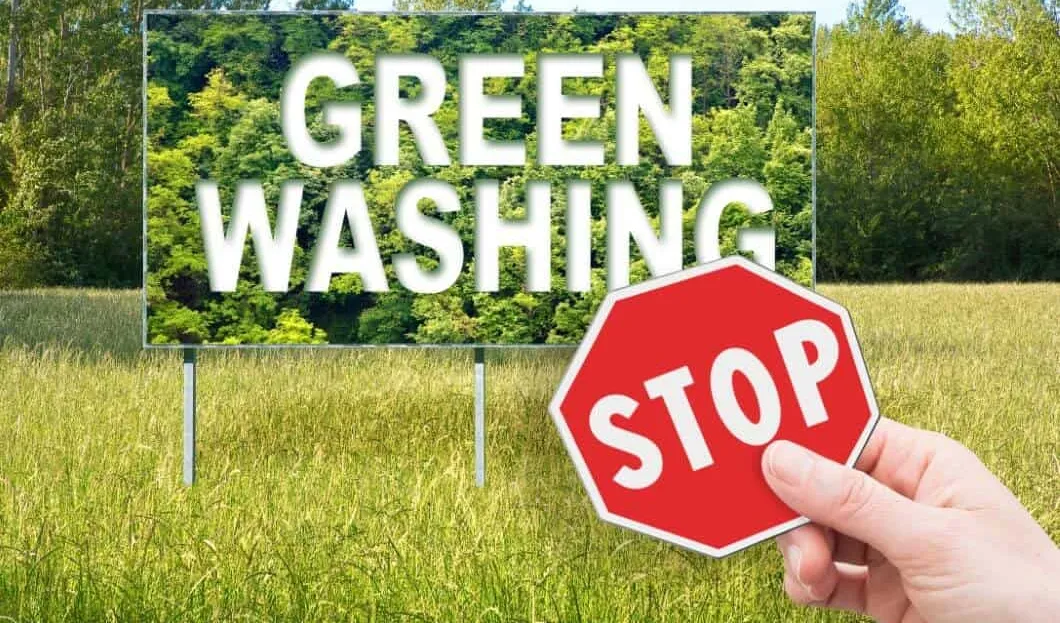
False advertising of trips or hotels as more environmentally friendly than they are should now be a thing of the past. This is great news for the tourism industry and it is a promising development for our planet.
In response to the increasing interest among travelers in eco-responsible tourism, some tourism companies have engaged in "greenwashing," exaggerating or misleading about their environmental efforts.
The EU Commission has taken a proactive stance, responding to the growing interest in eco-responsible tourism. They have initiated the establishment of common criteria, which will provide consumers with greater clarity and thus combat greenwashing.
The European Council, consisting of the 27 heads of state of the European Union, has just adopted a shared position. They have agreed on a directive to combat greenwashing by setting common standards for 'green' claims.
This directive is a game-changer. It's designed to empower consumers, enabling them to make more ecological choices without being misled by deceptive claims of environmental friendliness. It's a step towards a more informed and responsible consumer base.
What Does the EU Greenwashing Directive Say?
The consultation is based on a 2020 study that found that over half of environmental claims contain vague, misleading, or unfounded information. To address this issue, the text will establish minimum requirements for substantiating the environmental benefits of products and services and for communicating and verifying this information.
"We have reached a significant agreement to combat greenwashing by implementing clear, sufficient, and evidence-based information requirements for the environmental attributes of products and services.”
Alain Maron, Minister of the Brussels-Capital Region, responsible for climate change, emphasized the role of European citizens in making informed, environmentally friendly choices. 'Our goal is to empower European citizens to make informed environmentally friendly choices,' he stated.
The leaders particularly scrutinized environmental labels. With a few planned exceptions, independent parties must verify these labels.
They have agreed to consider exempting labels regulated by EU or national law from third-party verification, provided they comply with EU standards for procedures and regulations.
The Ecolabel created by the EU will not require third-party verification. The RSE Magazine website reports that guidelines, training, and financial support will help companies comply with the new requirements without facing excessive administrative burdens.

The Scientific Evidence
The directive outlines a clear process for verifying explicit environmental claims and labels. Companies must use precise criteria and the latest scientific evidence to combat greenwashing and justify their environmental claims. This process is under penalty of sanctions, ensuring the seriousness of the directive.
Examples of such claims include "100% recycled plastic," "biodegradable," or "ocean-friendly sunscreen." Additionally, a simplified procedure has been anticipated.
Eligible companies must complete a technical document before publishing the pitch to demonstrate compliance with the new rules. Microenterprises will also undergo verification, but they will have an additional 14 months to comply with these rules compared to other companies.
Regarding carbon offsets or neutrality, utilizing carbon credits generated outside the company's value chain, such as forestry projects or renewable energies, will be crucial. To provide some background, carbon credits were introduced during the development of the Kyoto Protocol.
Therefore, any company with a project to reduce or sequester greenhouse gas emissions can obtain "carbon credits," a certificate attesting that the project has prevented or sequestered a tonne of equivalent carbon dioxide. This information is explained on the Hellocarbo website.
The directive requires information about the type and quantity of carbon credits and whether they are permanent or temporary. Companies must then demonstrate that they are meeting a net zero emissions target, show their progress towards decarbonization, and show the percentage of total greenhouse gas emissions that have been offset.
Although studies show they have little impact, tree plantings or other methods that imply emission reduction will now need to be explained and justified!









